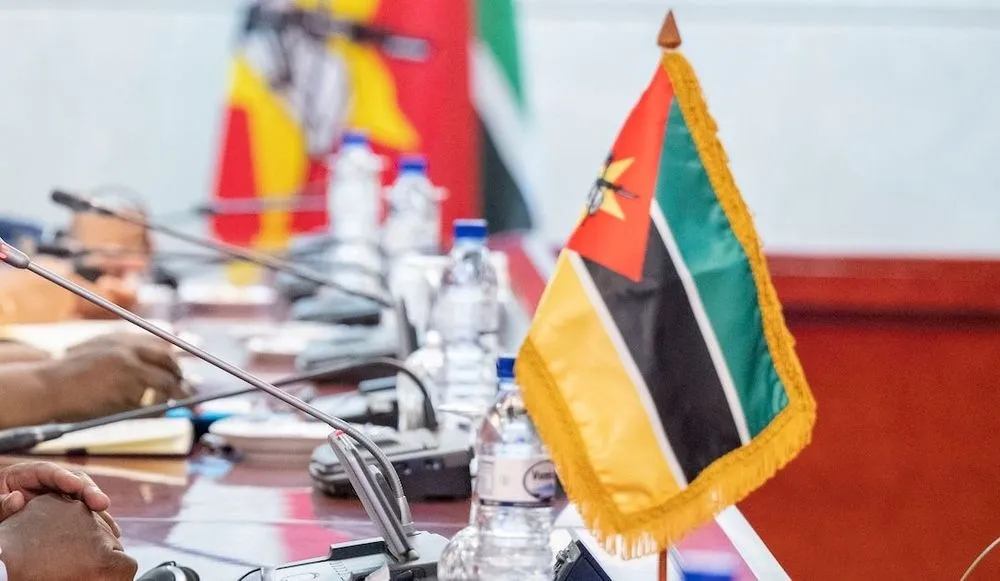Social media and mobile internet restricted in Mozambique amid election protests
Social media and mobile internet access have been restricted in Mozambique amid deadly protests over disputed election results. It’s the latest disruption in a series of digital censorship measures imposed by the government.
According to data from internet watchdog NetBlocks, major social media platforms — including Instagram, Facebook and WhatsApp — have been largely unavailable in the southern African country since late October.
As of Tuesday, Mozambique is also experiencing its second day of curfew-style mobile internet blackouts. Digital rights nonprofit Access Now also reported on the social media and internet service blackouts.
⚠️ Update: Traffic data indicate #Mozambique is now in the second day of curfew-style mobile internet blackouts. The shutdown follows protests over disputed election results, and is the latest in a series of mass-censorship measures imposed by the government 📵 pic.twitter.com/gaT8mNvovI
— NetBlocks (@netblocks) November 5, 2024
For more than two weeks, Mozambicans have protested against the re-election of the ruling Frelimo party, which has been in power for nearly five decades. Observers say the national election in October was not free and fair, and the opposition has accused Frelimo of rigging the results.
Mozambique’s independent candidate, Venâncio Mondlane, who is popular among young voters and claims to be the true election winner, called on his supporters in social media videos to demonstrate against the official results. At least 11 people have reportedly been killed, and more than 50 injured amid a police crackdown on protesters.
The government has not commented on the allegations of deliberate digital censorship, but according to Access Now, this is the second time authorities in Mozambique have shut down the internet in less than a year.
The first shutdown occurred during the nation’s local elections in 2023, when the government imposed a total blackout for at least three hours, “making it almost impossible for people to access and disseminate important information regarding the polls.”
“Shutting down the internet and violently cracking down on protesters during elections violates international human rights frameworks,” said Access Now expert Felicia Anthonio. “We cannot allow authorities and internet service providers to normalize shutdowns to silence dissent and conceal human rights abuses without facing consequences,” she added.
A recent report shows that more than two dozen countries have used internet outages this year to sway elections and cut off websites that host political, social, and religious content.
Politically motivated internet shutdowns have been especially common across the African continent. In February, the government of Senegal cut internet access to its citizens ahead of elections, less than a year after similar shutdowns during election-related protests.
Chad also experienced internet and telecommunication disruptions following a deadly attack on the country’s internal security agency in February.
Daryna Antoniuk
is a reporter for Recorded Future News based in Ukraine. She writes about cybersecurity startups, cyberattacks in Eastern Europe and the state of the cyberwar between Ukraine and Russia. She previously was a tech reporter for Forbes Ukraine. Her work has also been published at Sifted, The Kyiv Independent and The Kyiv Post.



